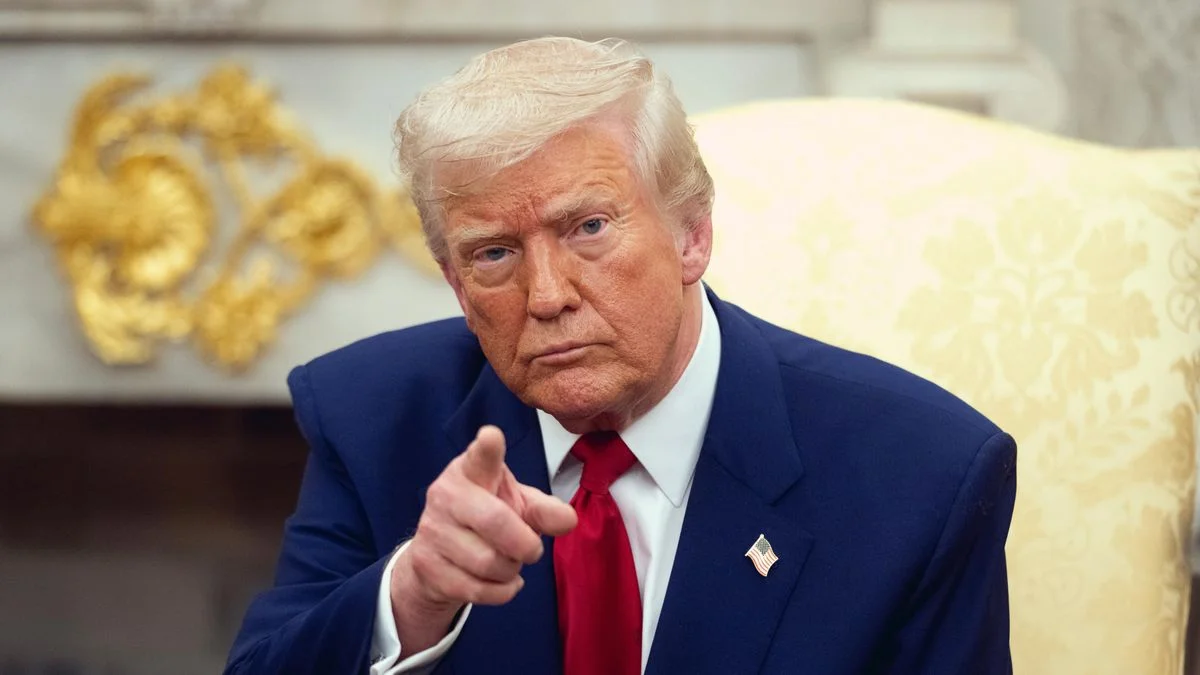While critical cryptocurrency regulation bills were expected to be brought to a vote in the US House of Representatives, their unexpected rejection in a preliminary vote on Tuesday has thrown the so-called "Crypto Week" into uncertainty. The House voted 223 nays to 196 yeas, preventing three key bills from advancing to a floor vote. House sources indicated that the process will be revisited on Wednesday.
At the center of the vote are two major bills: the Guiding and Establishing National Innovation for U.S. Stablecoins (GENIUS) Act and the Digital Asset Market Clarity (CLARITY) Act. These bills were designed to establish the legal framework for stablecoins and create a regulatory infrastructure for digital asset markets, respectively.
The GENIUS Act has already passed the Senate and, if enacted, would require stablecoin companies to fully back their holdings with US dollars or similar liquid assets. It would also impose annual audit requirements for companies with a market capitalization exceeding $50 billion and establish rules regarding foreign issuances. This bill was expected to reach President Donald Trump's desk before the end of July.
The CLARITY Act aims to broadly regulate the cryptocurrency market. The bill clarifies the division of authority between the SEC (U.S. Securities and Exchange Commission) and the CFTC (Commodity Futures Trading Commission), requires companies to provide transparency for retail investors, and requires the separation of client assets from company assets.
Opposition from some Republican lawmakers prevented the bills from advancing in Tuesday's vote. Marjorie Taylor Greene, Chip Roy, and Anna Paulina Luna, among others, voted "no," citing concerns about central bank digital currencies (CBDCs). Greene stated in a social media post that she opposed the GENIUS bill because it did not ban CBDCs, which she called "unacceptable." Responding to these criticisms, Chamber of Digital Commerce CEO Cody Carbone argued that the concerns were unfounded, as a separate bill introduced by Emmer and aimed at blocking CBDCs was already on the ballot. Carbone said, "If we want to combat CBDCs, we need to pass the GENIUS Act, which would allow for the development of a private stablecoin market."
Trump Takes Action
Following these developments, President Trump announced on the social media platform Truth Social that the bill would pass on Wednesday. He stated that he had met with 11 of the 12 Congressional Representatives in the Oval Office, and that all of them had pledged their support for the GENIUS bill. He also noted that House Speaker Mike Johnson had pledged to hold the vote as early as possible.

According to the new voting schedule, voting on the GENIUS Act, the CLARITY Act, and the Anti-CBDC Act is expected to resume on Wednesday at 12:20 PM US time.




